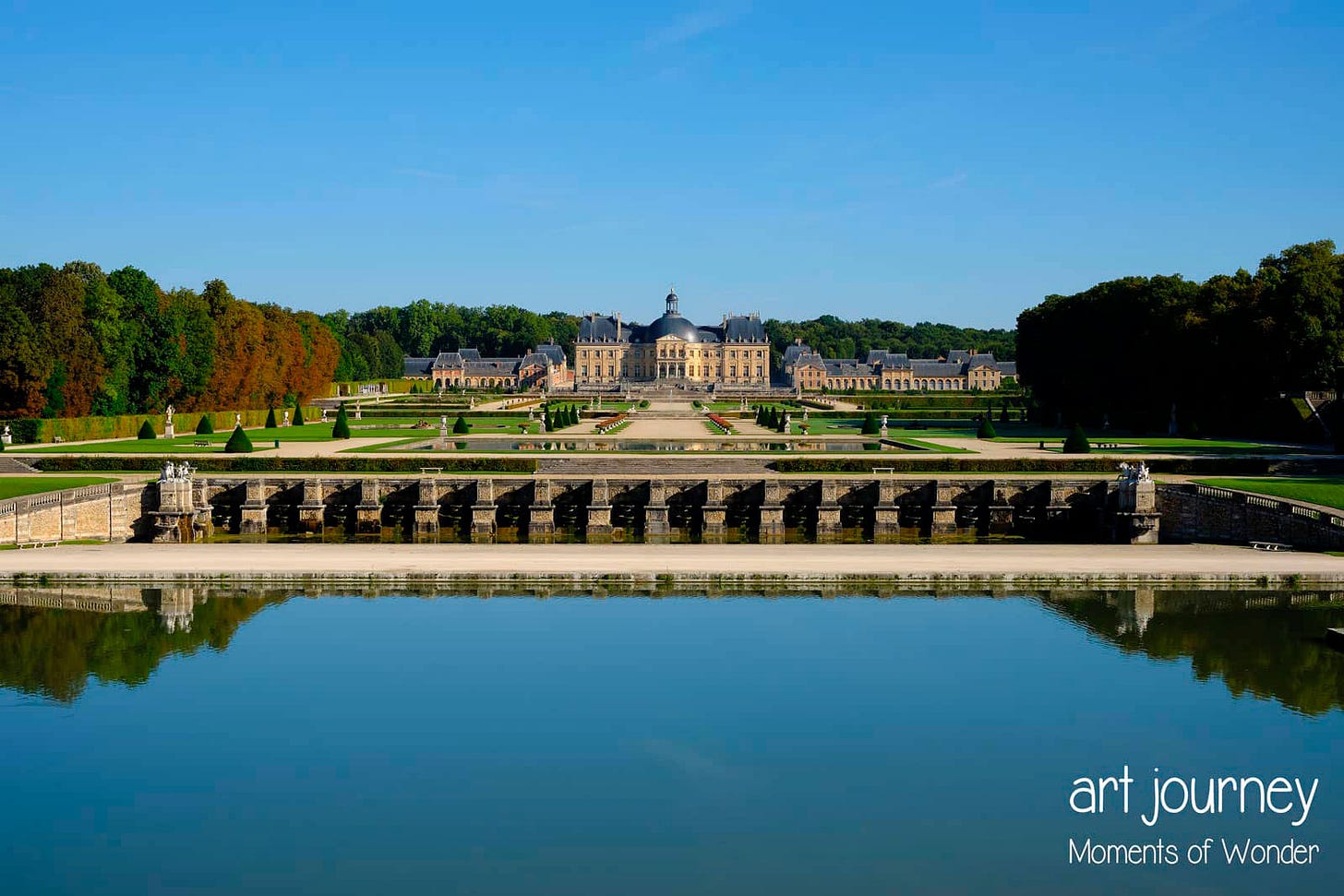Americans drive an average total of 290 hours a year. In other words, “the amount of time the average driver spends behind the wheel each year is equivalent to seven 40-hour weeks at the office.”
That is the equivalent of seven weeks at the office on the road. And how much time off do they usually have to vacation abroad?
Usually, one week. Minus two days of international flights, effectively five days.
By definition, for most Americans, those five days are meant to be lifetime memories.
In retirement, one doesn't reminisce about the time spent in bumper-to-bumper traffic but the magical moments in life.
Regarding holidays, it can be as simple as napping on the beach or eating ice cream in a park.
Then there are the major opportunities one spent years daydreaming about: to wonder at the Sistine Chapel, Notre Dame, the Grand Canyon, or the pyramids.
The difficulty, then, is how to make these fleeting moments of wonder last. How do you tackle the places you have long wanted to visit when you have never set foot in?
It isn't easy to make sense of distances when seen from America. For example, you could go to Reims by train from Paris, get a glass of champagne there, and return faster than it would take to drive.
In Paris, sometimes it is faster to walk than take a chauffeured car.
Then there's the best time of the year, the least crowded. How long do I need, and what should I do?
Most importantly, whom should you ask to plan your vacation when you want to experience a culture, discover great museums and monuments, and avoid having the same experience as everyone else—queues, crowds, noise—.
The idea is to be overwhelmed in a good way —being in awe— instead of feeling lost.
You could ask an expert, a Parisian art historian with intimate knowledge of the museums and monuments and a proven track record of finding solutions to avoid queues and crowds (this is only possible if arranged in advance).
With a Cultural Concierge, go beyond the bucket list ticking.
Face-to-face conversations
With video calls, it is easy to enjoy the equivalent of sitting on the terrace of a Parisian café and asking, "What do you want to do?" to hear of your dream vision of Paris and France, your interests, and your limitations, if you have any.
It is easier to understand what the other means, as even by mail, sometimes one doesn't understand what the other says, or worse, both. Simple real-life questions save everyone dozens of messages.
That conversation is an opportunity to discuss ways to avoid queues in major museums since most of them impose timed entry. It also is an occasion to discuss sites you may not have heard of but would be of interest to you in or near Paris.
There are thousands of Parisian restaurants, yet, as I would never recommend places I have not experienced myself, it is like asking the valet parking attendant to recommend the wine, a waste of everyone's time.
The situation is different with museums, monuments, and castles, many of which I know like the back of my hand. Everything I will tell you comes from first-hand experience and feedback from past visitors.
It isn't just knowing all 9 miles of the Louvre's corridors, but the best day and time to go depending on your interests.
And with the inconvenience of having to plan everything and running from one place to another, the stress of arriving at the reserved time, at the correct door.
There are solutions, as long as we plan this about three months ahead. This expertise can benefit both individuals and their travel agents.







